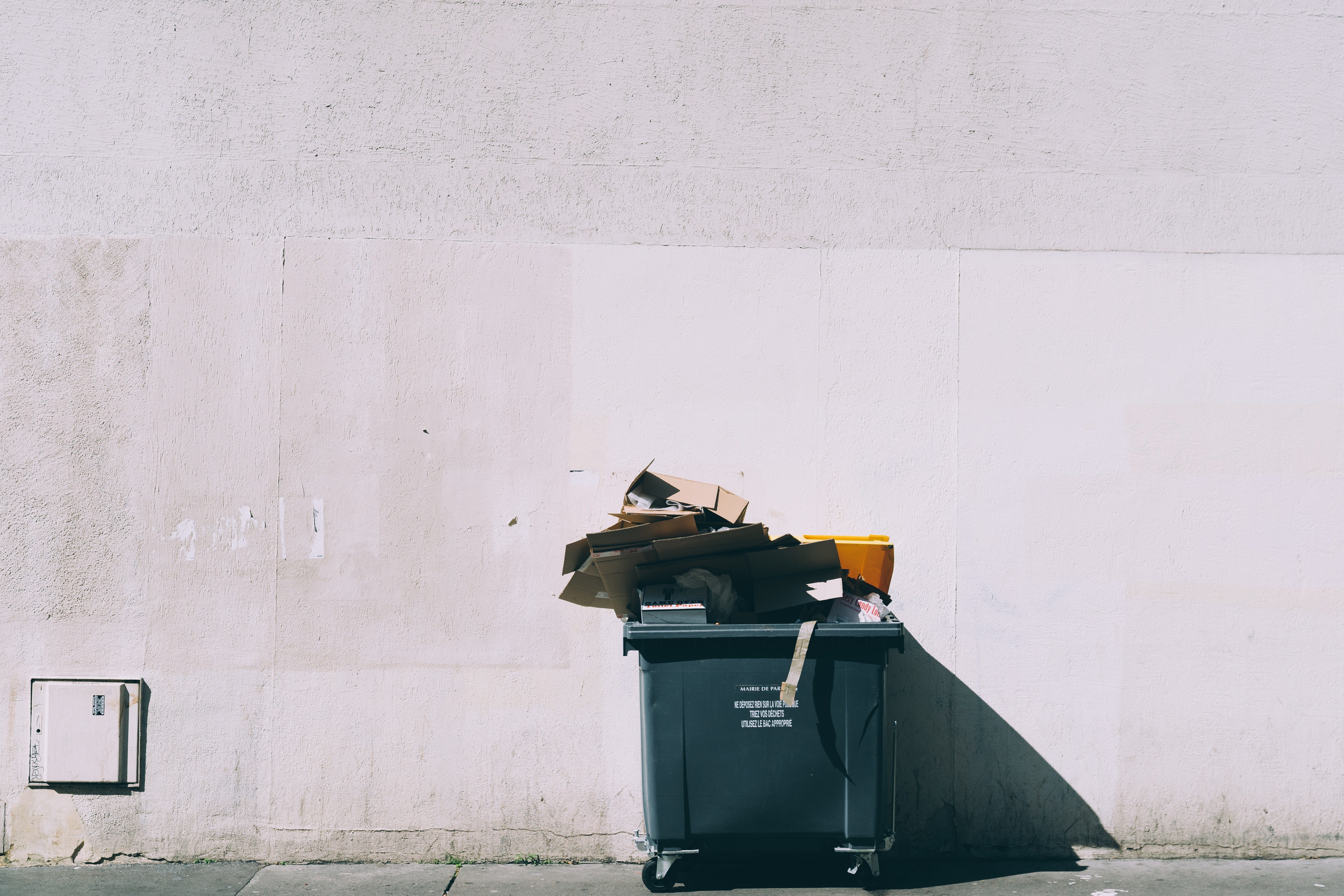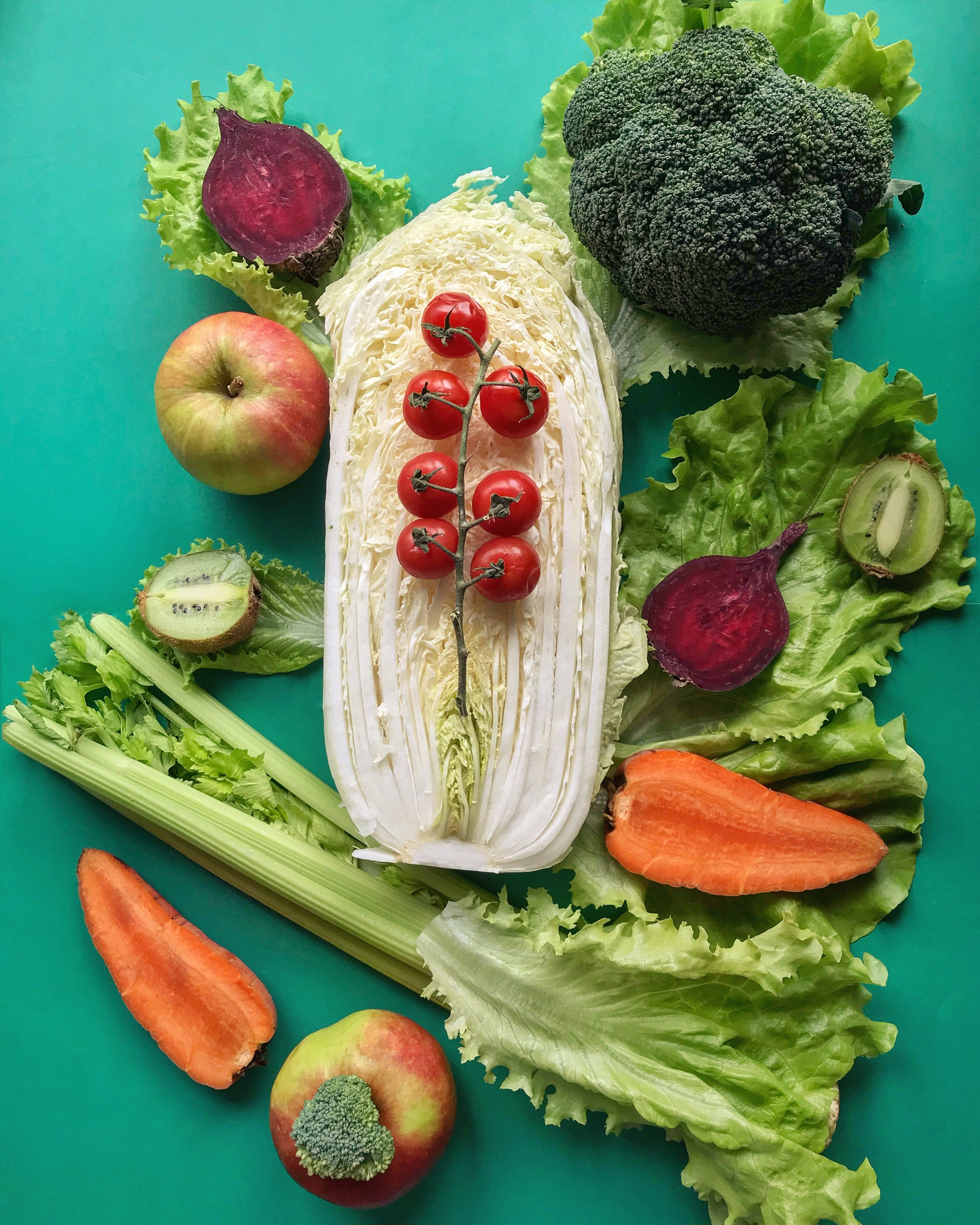We need to use natural resources extremely sparingly. It is a challenge that we can’t escape and can enrich our lives.
In February 2019, I had a bad episode of climate anxiety after the UK registered very hot winter days. The mercury topped 20 degree Celsius in several parts of the country. Other European countries were also affected.
In an effort to remain sane, I had a long conversation over Skype with American climate activist Margaret Klein Salamon.
To tackle my anxiety, Margaret, who is a former clinical psychologist and founder of The Climate Mobilization, advised me to speak the truth about climate change and adopt an ‘emergency mode’. Why? Because the climate emergency requires a mobilisation on the scale of World War II, she advocates, and adopting an emergency mentality is viral.
Eighteen months down the line, I am not sure whether I have gone far enough in adopting this climate emergency mentality. I have, however, created ripples online and offline.
Shortly after my conversation with Margaret Klein Salamon, I launched a WhatsApp group where North West London residents can donate items -clean and in good condition, of course- to other residents of the area.
I advertised the group on local WhatsApp groups as well as on local Facebook groups and quickly people starting advertising small pieces of furniture and other items. I managed to clear out quite a few things that had been cluttering my house for a long time -bye bye cute-but-never used cheese board!
At the start of this year, after finding out about NW London Free Items, a fellow local climate activist commented that it was a waste of time considering that there were already a number of websites where people can donate free items — Freecycle and Freegle among others.
I cannot say exactly what the impact of the group, which now counts 240 members, has been on the environment. I am certain of something though : the experience has shown that the NW London free items WhatsApp group is not surplus to requirement, especially in a borough where the so-called recycling centre is out of reach for people with no car -which is 50% of the population of Brent, where I live.
True, some of the mirrors, airbeds, cushions, computer monitors etc. advertised via WhatsApp would probably have been donated to charities otherwise or advertised on the aforementioned websites.
I suspect, though, that a great number of small items of furniture would have been left on the pavement in the hope that someone would give them a new home — a highly risky strategy considering the number of rainy days we normally have in London.

I also hope that the group is playing a part in challenging the throwaway culture that seems well-established in parts of society.
Reducing waste was not the only objective I had in mind and, as a matter of fact, the impact of the NW London Free items WhatsApp group has gone well beyond saving items from landfill. It has proved a powerful way to create connections between people who were strangers to each other before joining the group.
The family fun cycling event organised on March 1st in Roundwood park may not have happened if I had not created NW London free items. Organising an event can be a daunting experience if you have no idea who is going to turn up but, less so if you have interacted with some participants online and/or in real life beforehand.
Any step taken at community level to address our wasteful lifestyles, whether it’s a regular clothes swap, a Repair café or a car boot sale, can be a game changer. It can accelerate the pace of the zero waste revolution and strengthen our communities.
Covid-19 is a hurdle along the way, not a show stopper. It is possible to give and receive stuff while social distancing.
If you are not keen to create your own WhatsApp group for whatever reason, you can use existing platforms such as Olio (food and non-food), Freecycle (non-food), Freegle (non-food), YoungPlanet (for kid’s clothes, toys etc.) or Enviromate (construction materials).

The food sharing app has over 8,000 “Food Waste Heroes”, volunteers who regularly visit food stores to pick up surplus food. The volunteers take the food they collect back to their own homes. Volunteers are allowed to keep up to 10% of the food they’ve picked up if they want to, and immediately upload the rest to the Olio app. You could be one of them.
Globally, food waste contributes to 8% of greenhouse gas emissions. Distributing supermarkets surplus food is not the only answer to this problem but it’s definitely part of the solution.



